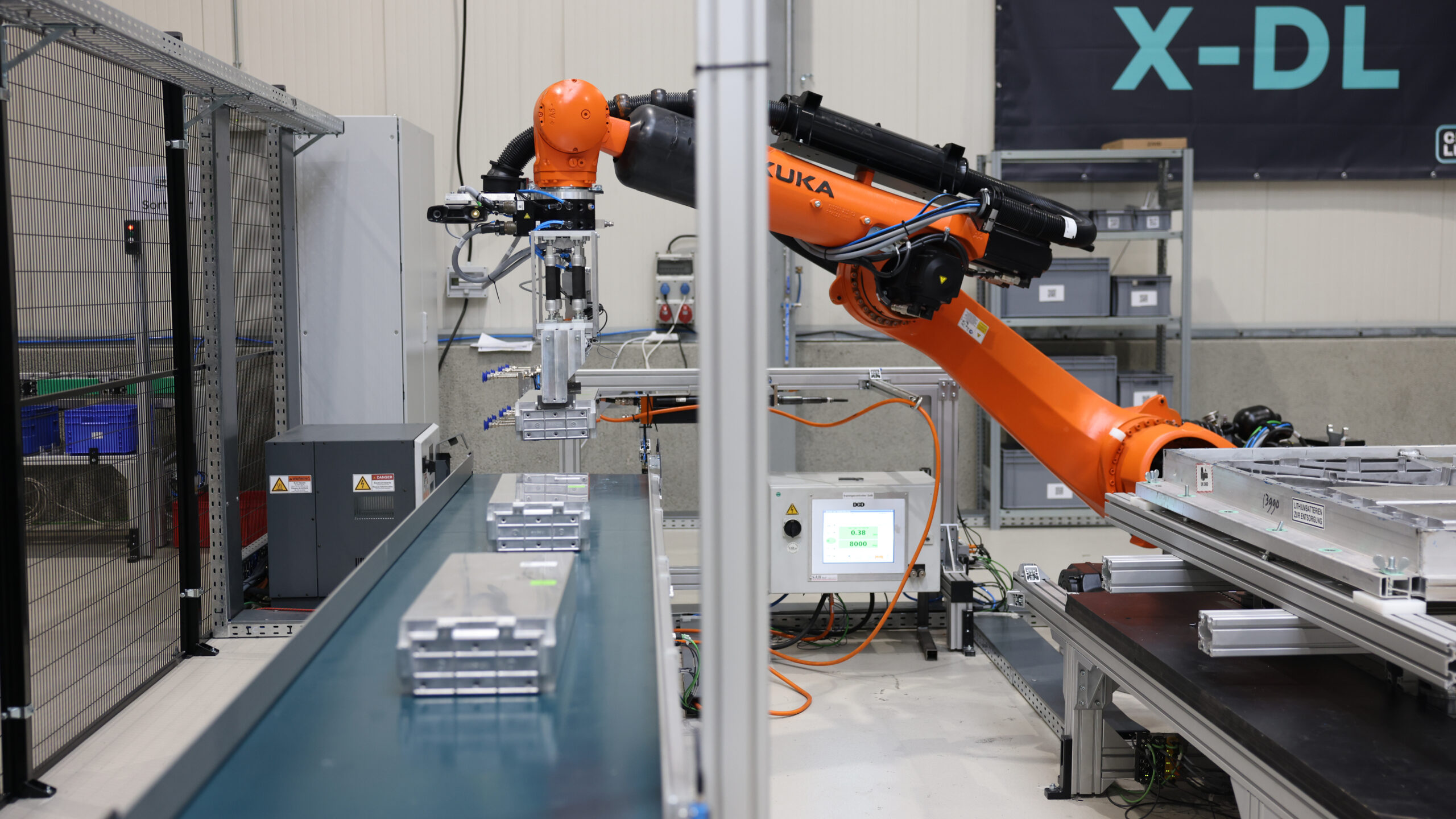Were you inspired by one of our articles and have a project idea you want to realise?
Through our funding programmes, national/regional funding bodies support SMEs, large companies, universities and research organisations conducting R&D and innovation projects together beyond borders to achieve great results.
Learn more about our programmes and discover whether we have a funding opportunity for your organisation.






